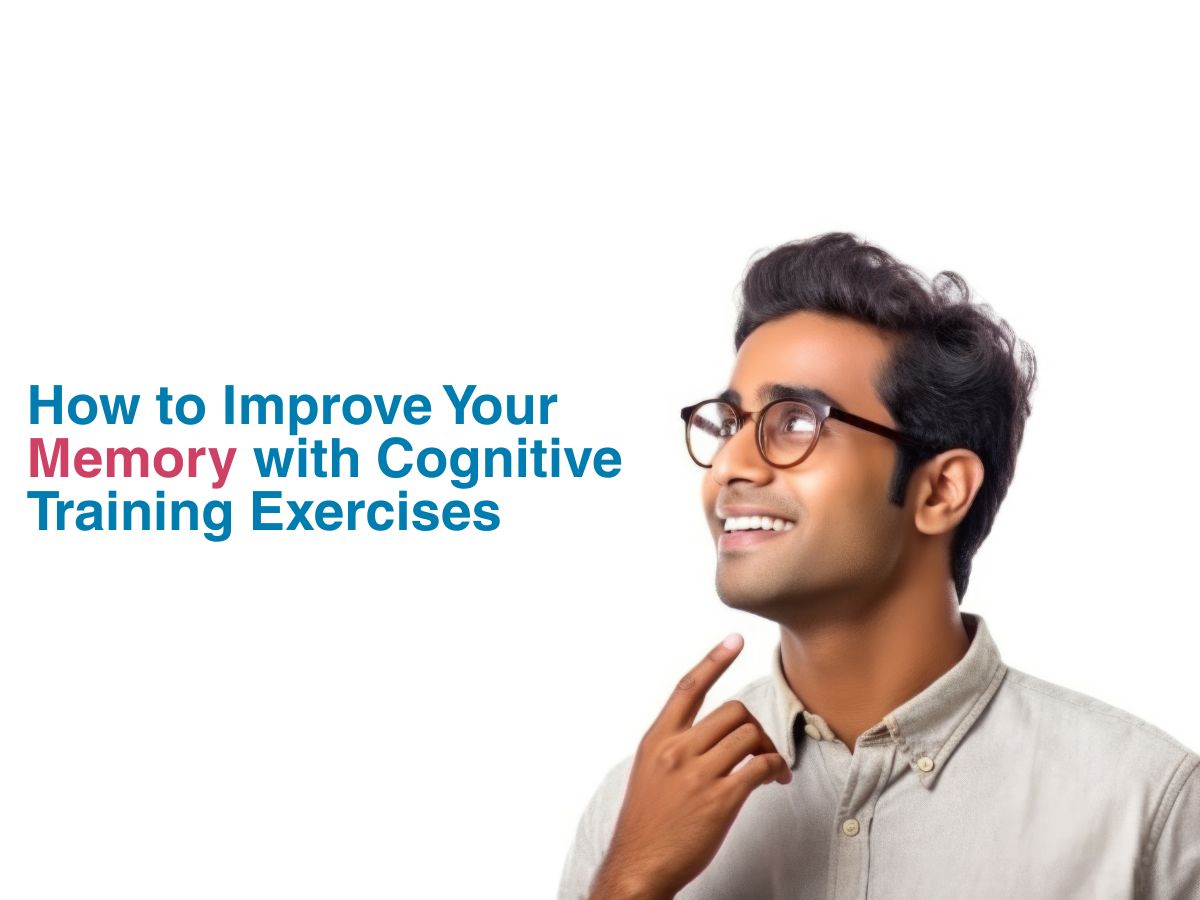
How to Improve Your Memory with Cognitive Training Exercises

The brain as an organ does a lot of things at once- it helps you think, feel, organise thoughts into sections, help you make memories, so you can then remember something and use the previously stored information, in the future. It also obviously is the part of the body that regulates emotions, heart rate, body temperature, muscle contraction and movement and every other movement you can think of- consciously or not. Different parts of the brain help regulate different processes. The brain has been called the seat of intelligence, the sense interpreter and the universal controller. But, the brain alone cannot accomplish everything and it requires the spinal cord to send and receive its signals. With advancing age, the risk of suffering from neurodegenerative disorders and loss of brain function increases.
Can Cognitive Exercises Really Boost Memory And Focus?
The brain is an organ that needs to be used- just like a muscle. For muscles to continue to work, your gym instructor would tell you this- ‘use it or lose it’. The same motto works for the brain too. The more you get your brain to work in different ways, the better you will transition when you age. Brain exercises are simple ‘exercises’ or routines for you to do, on a daily basis- which can help you improve memory, recall, improve or retain language already learnt, improve any other new skills you may have been learning and to help reinforce whatever has been learned before. So yes, cognitive exercises can help you as you age. But, exercises alone cannot do all the heavy lifting for you. You also need to take good care of yourself in the process.
How Often Should I Do Cognitive Exercises To Improve Memory?
Exercising your brain for 30 minutes a day- in the form of reading a book, solving a puzzle, playing a new game, walking, trying out new stuff and then keeping one day aside where you can see what you have learned from the whole of last week- will keep you mentally engaged and you get to learn new things too. Some exercises to try out include solving crossword puzzles, playing investigative games, board games to help you improve planning and strategizing skills, learning a new language or a new instrument, taking up a new hobby, a new type of dance or martial art, reading a book and listening to or learning music on a regular basis- all of these approaches can help you!
How Cognitive Training Helps Improve Long-Term Memory Retention
When you solve a puzzle, you are thinking hard. When you read a book, you are learning new words and imagining new things and adding those words to your vocabulary. You work on your planning skills when you play a board game like snake and ladders or monopoly or any other investigative game. You find that you adapt to changes better because of brain plasticity- where your neurons continually make new pathways when you learn something new. All of these activities can help sharpen your memory and cognitive skills, but only if you are consistent and do them regularly.
Conclusion
While you get down to learning so much and doing it all, don’t forget to sit down and take a step back by meditating and doing some deep breathing exercises. These will help you relax better. Also, don’t forget how crucial a regular sleep schedule is, for your brain to work at peak capacity. If you don’t sleep enough or are sleep deprived often, you tend to forget things, get stressed more often and may not be able to make decisions promptly. These and a healthy lifestyle will surely help reduce the burden of a fast paced life on the brain and help you age gracefully- physically and mentally, ofcourse!
Frequently Asked Questions
Can brain exercises really enhance memory and cognitive function?
What are some simple memory exercises I can do at home?
Are cognitive training exercises effective for older adults?
Can cognitive training help with concentration and focus as well as memory?
How long does it take to see results from cognitive memory training?






